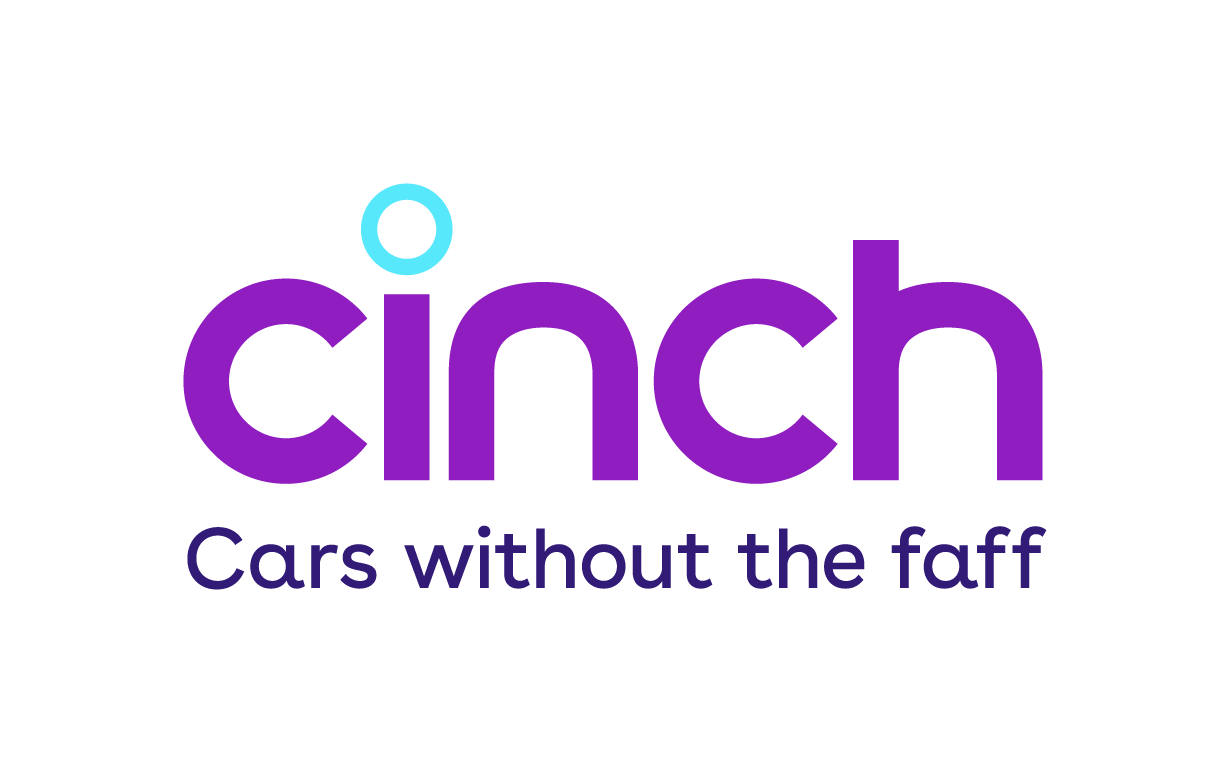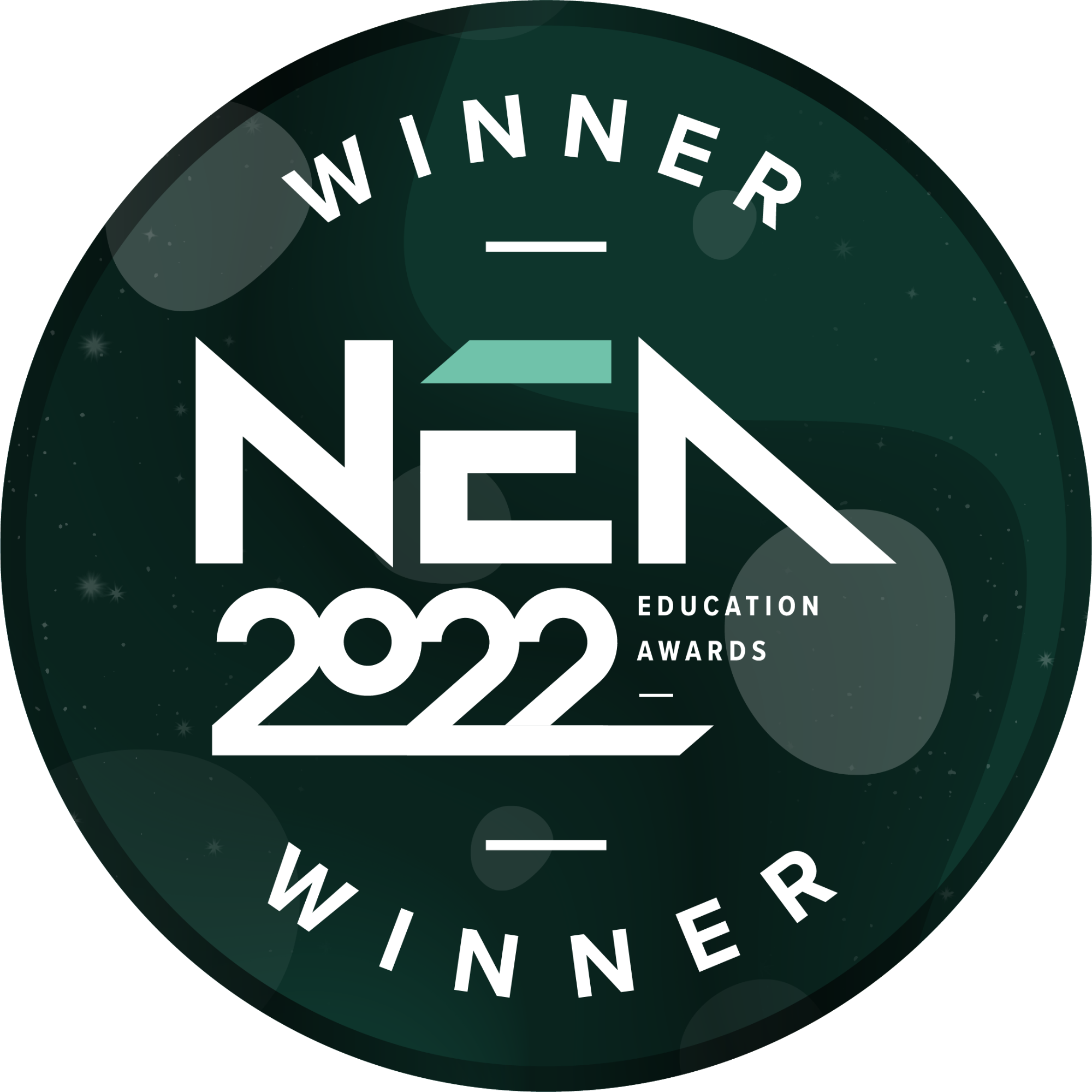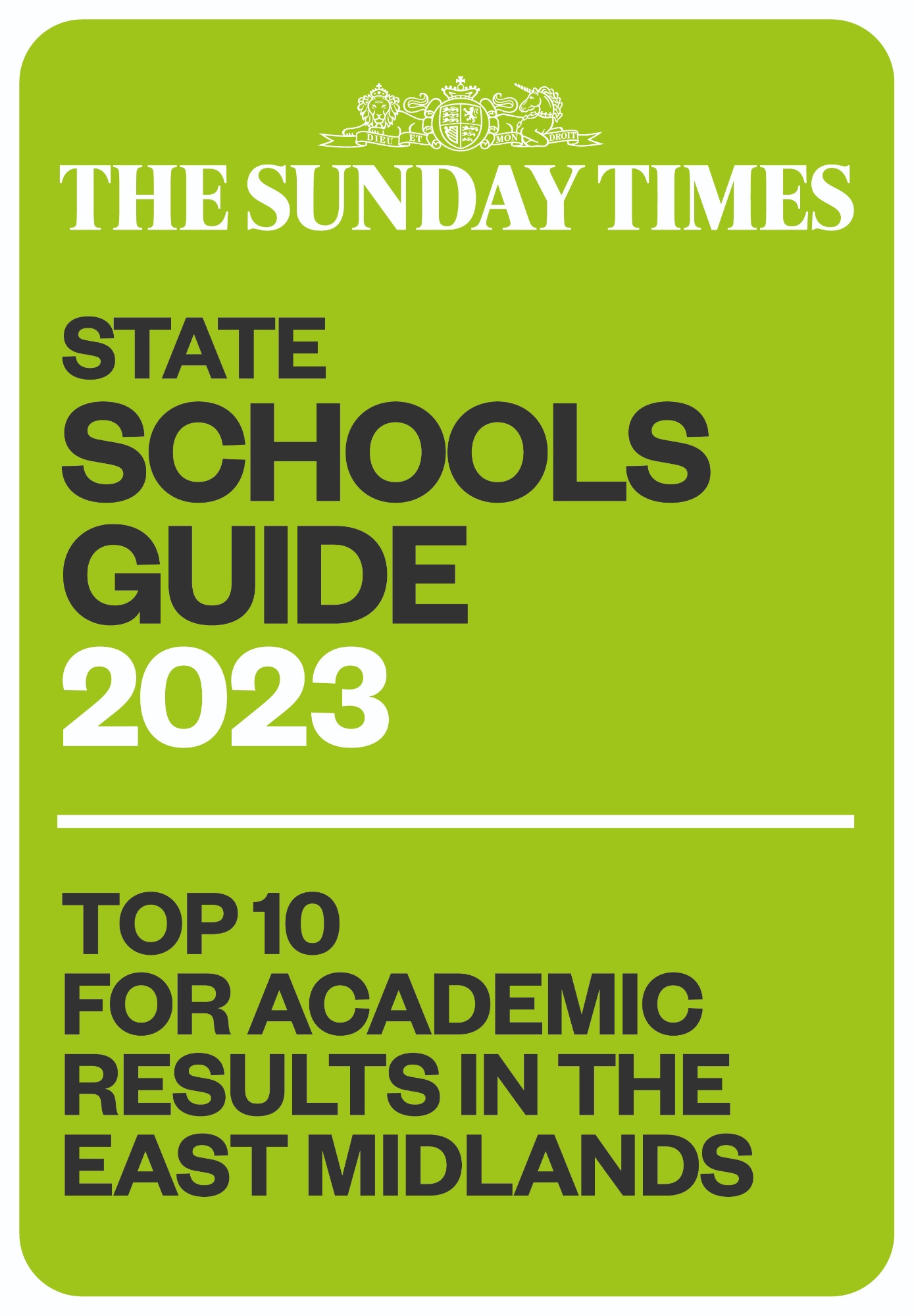English
English Language and English Literature
Team Leader – Mrs Claire Morrell
KS3 Newsletters
KS3 Reading Lists
KS4 Newsletter
At Northampton School for Boys, we believe that the study of English, in its literary and linguistic spheres, empowers and inspires our students. Their experiences, within and beyond the classroom, are broadened through an exploration of challenging and thought-provoking texts that encompass different times and cultures and encourage students to connect with a variety of voices and perspectives. It is our belief that by firmly rooting students’ Key Stage 3 study in an exploration of literature through time, their engagement and appreciation at Key Stage 4 and 5 will be naturally enriched by the breadth and depth of knowledge they have cultivated.

The academic rigour of our curriculum will allow our students to mature into confident learners who take pride in their knowledge and abilities. The rich diversity of texts studied across all three key stages will nurture and develop students’ intellectual curiosity and their ability to place texts into their literary, historical, social and political contexts.
We will prepare students for life beyond Northampton School for Boys, equipping with learning experiences that will allow them to access higher education and the workplace with confidence. Our broad study of the literary canon enables students to nurture their appreciation of the history and power of language; students are taught to articulate themselves in a variety of spoken and written contexts with confidence and purpose. The ability to discuss, explore and evaluate concepts and ideas with clarity is central to the academic narrative of which we are proud.
Ultimately, we hope that students’ experience of English at Northampton School for Boys – a text, a poem, an author – will resonate through the years and foster a life-long love of reading.

Key Stage 3 (Learning Leader: Miss Scott)
Throughout Key Stage 3, we explore the history and progression of the English Language. Starting with Old English, Year 7 begin their curriculum journey with Morpurgo’s translation of ‘Beowulf’; students explore stories of adventure and bravery and craft their own journey of creative writing through their challenge – ‘Escape from Kraznir’. From these origins, we journey through Middle English with Arthurian legends and Geoffrey Chaucer’s ‘The Canterbury Tales’. Students explore religion, morality, sociology, and trace the changes in language across time. In the summer term, we move into Early-Modern English with the study of William Shakespeare’s comedy, ‘A Midsummer Night’s Dream’. With skills in comedic writing, translating Shakespearean language, and Jacobean insults, students have a creative and adventurous encounter with the Bard himself.

Our Year 8 curriculum is structured to guide students through the development of our language from Early-Modern to Modern English with a focus on 19th-21st century literature. At the beginning of Year 8, students read and study Michael Morpurgo’s novel ‘Private Peaceful’ to reflect on themes of conflict, war, and power through a supplementary study of war poetry. This is a powerful opportunity for students to be mindful of history, of the present, and the future they want to inspire in the world around them. Students then return to the Gothic and explore the origins of the genre with ‘The Castle of Otranto’ – questioning the foundations that still influence modern gothic texts today. The development of the Gothic is considered through Conan Doyle’s ‘Sherlock Holmes’ and students take on the role of a detective, piecing together crime writing and drama. Having travelled through time, Year 8 end with a relevant and poignant text written by former NSB student Mitch Johnson – ‘Kick’. Engaging with themes of poverty, inequality, passion, dreams, hopes, and crime, students are encouraged to reflect critically on the modern world in which they live.

In Years 7 and 8, all students have one library lesson per week. As a department, we use Accelerated Reader to ensure students are accessing suitably challenging texts and to monitor their ability to comprehend these texts independently. This weekly reading lesson offers students time with library staff to engage with recommended reading from our reading lists, as well as perusing their individual book preferences. We celebrate reading successes in every lesson, with house points available for students who have the highest word-count each week. When students reach 1,000,000 words, they are rewarded with a pin badge to wear with pride on the lapel of their school blazer.

Mr Bernard with our highest achieving millionaires from 2021-22.
Between them, they have read over 37,000,000 words!
In Year 9, students build on the relevance of ‘Kick’ by studying a range of Diverse Shorts, including texts by Bali Rai, Langston Hughes, and Maya Angelou. Alongside this exploration of our world and current inequalities, student are also given the opportunity to explore poetry which has inspired and sustained people in times of trial. Furthering the messages and inspiration of the Diverse Shorts, students then engage with the Youth Speaks Out initiative alongside the study of rhetoric – the art of persuasion. As students enter their final terms in Key Stage 3, pupils explore the awe, wonder and fear of dystopian worlds, both in reading skills and in their own creative voice. We end our journey through the history of the English Language with a review of literary villains that span the three historical periods we have studied: Old English (450-1100AD), Middle English (1100 – 1500AD) and Modern English (1500-present). This is a fantastic opportunity for students to trace the development of the literary canon and ensures they are empowered with the confidence, skills and knowledge as they begin their KS4 study.

Key Stage Four (Learning Leader: Mrs Southworth)
All students study English Language and English Literature AQA courses and are awarded with two separate GCSE qualifications.
Students begin the Key Stage 4 curriculum with a focus on two texts from the AQA English Literature specification: Shakespeare’s tragedy ‘Macbeth’ and ‘A Christmas Carol’ by Charles Dickens. We have endeavoured to create a KS3 curriculum which is rich in pre-complex texts and, as such, students have developed a thorough and broad understanding of Shakespearean theatre, tragedies, the qualities of a hero and Victorian society. These features are fundamental in their understanding and critical approach to their first GCSE texts. Having studied ‘Villains in Literature’ most recently prior to GCSE study, students are established in their analytical approach, their understanding of authorial choices and intent, and in the significance of character transformation and development – all of which are fundamental to understanding the characterisation of Macbeth and Scrooge.
Underpinning their analysis, students bring a comprehensive knowledge of subject terminology which is vital in accessing these challenging texts. Students enjoy the rigour and the academic challenge of starting the GCSE curriculum with these pre-1900 texts before progressing to study either the socially radical 'An Inspector Calls’ by J. B Priestley or Orwell’s allegorical ‘Animal Farm’, both seeking to comment on the social anxieties and contexts of the 20th century. Students are also taught the collection of poems in AQA’s ‘Power and Conflict’ cluster and learn how to develop detailed analysis of these texts to further underpin their approach to the unseen poetry component of GCSE Literature. The overarching themes of conflict and power enable students to deepen their understanding of the other literary works and empower them to explore similar themes across the of the course. With this strong foundation, students in Year 11 are able to focus on the depth of their knowledge, their critical understanding, and exam skills: the year is focused on revising knowledge and skills so they can approach their exams with confidence.

Parallel to their study of English Literature, English Language offers students the skills and confidence to analyse language and structure and to summarise and evaluate extracts clearly and articulately. In analysing writers’ craft, students are then able to replicate the process of crafted creativity in their own fiction and non-fiction writing, exploring what it is to communicate imaginatively and for different purposes and audiences. In Year 10, students also develop their speaking and debating skills when completing their Spoken Language Endorsement (SLE). This is a chance for all students to deliver a pre-planned presentation that equips them with real-world skills – the need for clarity, engagement and planning to meet the needs of the audience are imperative for a whole host of future careers.
Key Stage Five (Learning Leader: Ms Jesson)
The English Team offer two separate English courses at A level: English Language and English Literature.
English Language (Mrs Morrell)
The English Language course offers exciting opportunities for students to develop their subject expertise by engaging creatively and critically with a wide range of texts and discourses. Students will explore how language is used as creative tool for expression and social connection, as well as for individual representation. Throughout the course, students will develop their ability to pursue lines of enquiry, debate different views, and work independently to research aspects of language in use e.g., language and technology.
We begin the course with ‘Language Change’ and ‘Language Diversity’. Students will trace the developments of the English Language from Old English (450AD – 1150AD) through to the Englishes we speak today. Within this study of the evolution of our language, students will be given the opportunity to engage with different variations including accent, dialect, World Englishes (e.g. Singlish) and the language of different social groups (including genders, occupations and age groups). As the course progresses, students will be able to identify links between psychology and sociology in these topics. These links will be revisited as they explore the processes of Child Language Acquisition wherein students will explore how children learn to speak, read and write. The knowledge gained from these units of study will be the basis of essays, comparative responses and opinion articles, all of which feature on the two examination papers sat at the end of Year 13. Each examination is equally weighted at 40% of the final grade.
With 80% of the final grade being calculated based on the A level examinations, the final 20% is calculated from the NEA (non-examined assessment) coursework portfolio that students complete in Y12. The aim of this area of study is to allow students to explore and analyse language data independently and develop and reflect upon their own writing expertise. It requires students to carry out two different kinds of individual research: a language investigation (2,000 words excluding data) and a piece of original writing with accompanying commentary (750 words each).
Students can choose to pursue a study of spoken, written or multimodal data, or a mixture of text types, demonstrating knowledge in areas of individual interest. Popular choices in previous years have been the language of politicians; the differences between speakers within a particular occupation (e.g., medicine or teaching); and the language used to script characters e.g., the gendered language within the dialogue of Disney films.
Our English Language teachers are excited to share the complexities and exciting developments of our language with students. The wider-reading and research opportunities are vast, and we are delighted to be able to offer our students free access to the English and Media Centre e-magazine, Babel magazine and MASSOLIT.
English Literature (Ms Jesson)
The English Literature A level course at NSB offers an opportunity to deepen and extend the love of literature that the curriculum in Key Stages 3 and 4 inspired, and, hopefully, is a bridge to studying English at degree level. We are delighted that so many of our A level students go on to read English at university.
Each year of the A level course covers the key genres of poetry, prose and drama and the course adopts a historicist approach to literature – the belief that no text exists in isolation but instead is the product of the time in which it was produced. Contextual influences – literary, social, cultural and political – are therefore central to the study of the set texts and students are encouraged to explore the connections between texts across a broad time period.
The first year of the course covers modern literature from 1945 to the present day: Owen Sheers’ poetry collection ‘Skirrid Hill’, Tennessee Williams’ drama ‘Cat on a Hot Tin Roof’ and a selection of unseen prose extracts which capture the zeitgeist of each decade, featuring authors such as Martin Amis and Zadie Smith. In the second year, the theme of love, one of the most central themes in literature, is explored across time. Students explore the presentation of different aspects of love and relationships in ‘The Great Gatsby’, an anthology of pre-1900 love poetry and Shakespeare’s ‘Othello’. Students refine and hone the literary analysis skills acquired at GCSE and learn how to critically evaluate the range of methods that poets, dramatists and novelists use to create meaning. A more refined appreciation of texts is encouraged through exposure to a wide range of critical perspectives and pre-reading – secondary sources that are imperative to help shape students’ personal responses to texts. The wider reading and research opportunities are vast and we are delighted to be able to offer our students free access to the English and Media Centre e-magazine and MASSOLIT courses.
The A level literature course is committed to the notion of autonomous personal reading and the coursework component provides a challenging and wide-ranging opportunity for independent study. Students write a 2,500 word comparative critical study of two texts on a theme of their choice and are given the freedom to explore texts, writers and themes which resonate with them. This is one of the most popular components of the course; our students relish the challenge and freedom of negotiating their own task.
Outside of the curriculum, there is the opportunity to explore contemporary poetry from a range of diverse voices such as Raymond Antrobus, Caleb Femi, Hannah Lowe and A.E. Stallings in the department’s weekly ‘Poetry Social’. As well as being a space for the shared love of poetry, these voluntary sessions provide students thinking of studying English at degree level with the opportunity to impress university admissions officers with their knowledge and genuine enthusiasm for lesser known voices outside of the mainstream curriculum. Previous A level students who attended ‘Poetry Social’ went on to read English at Cambridge University. Our English Literature teachers are proud of the quality and content of the course and believe that studying English Literature at A level is an excellent platform for deeper academic studies, as well as being an enjoyable and enriching experience.
Staff
- Mrs C. Morrell (Curriculum Team Leader)
- Mr M. Rodger (Senior Staff)
- Mrs H. Topping Shaw (Senior Staff)
- Miss A. Scott (KS3 Learning Leader)
- Mrs C. Southworth (KS4 Learning Leader)
- Ms A. Jesson (KS5 Learning Leader)
- Mrs J. Barlow
- Mrs A. Browning
- Mrs E. De Vito
- Ms S. Morrison
- Mrs E. Spencer
- Mrs J. Rutherford
- Mrs S. Syed
- Miss R. Kings










